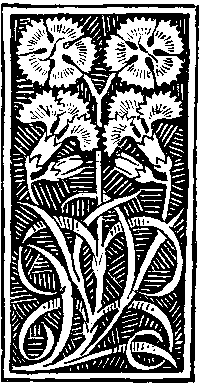Things Fall Apart:
Integrity and Visibility in Democratic Liberal Education
Keywords:
assessment, democratic education, Charles Dickens, integrity, integrative learning, knowledge diffusion, liberal education, John Ruskin, transparency, VictorianAbstract
This essay employs Charles Dickens, John Ruskin, and other proponents of Victorian knowledge diffusion to argue that much of the concern among twenty-first century elites regarding the decline of liberal education should be understood as an expression of a long-standing and legitimate anxiety, an anxiety occasioned by the disintegrative pressure liberal-democratic expansion exerts on traditional ideals of holism. An analysis of metaphorical language in Charles Dickens’s and John Ruskin’s speeches and writings
shows them to be exemplary of a larger historical pattern, in which hopes and fears surrounding democratic liberal education organise themselves around a concern for integrity as integration and virtue, and visibility as assessability and recognition. The essay
concludes that although the discourse of democratic liberal education has shifted somewhat in order to reflect the anxieties of the digital age, the most important factor in the alteration of this discourse is the declining power of liberal education advocates to command the public’s attention or direct its discourse. In at least one important respect, these modern advocates are victims of the Victorians’ success. The power base of their cause has shifted from its Victorian roots in the liberal professions to the more isolated realm of academia and an increasingly de-professionalised professoriate.


